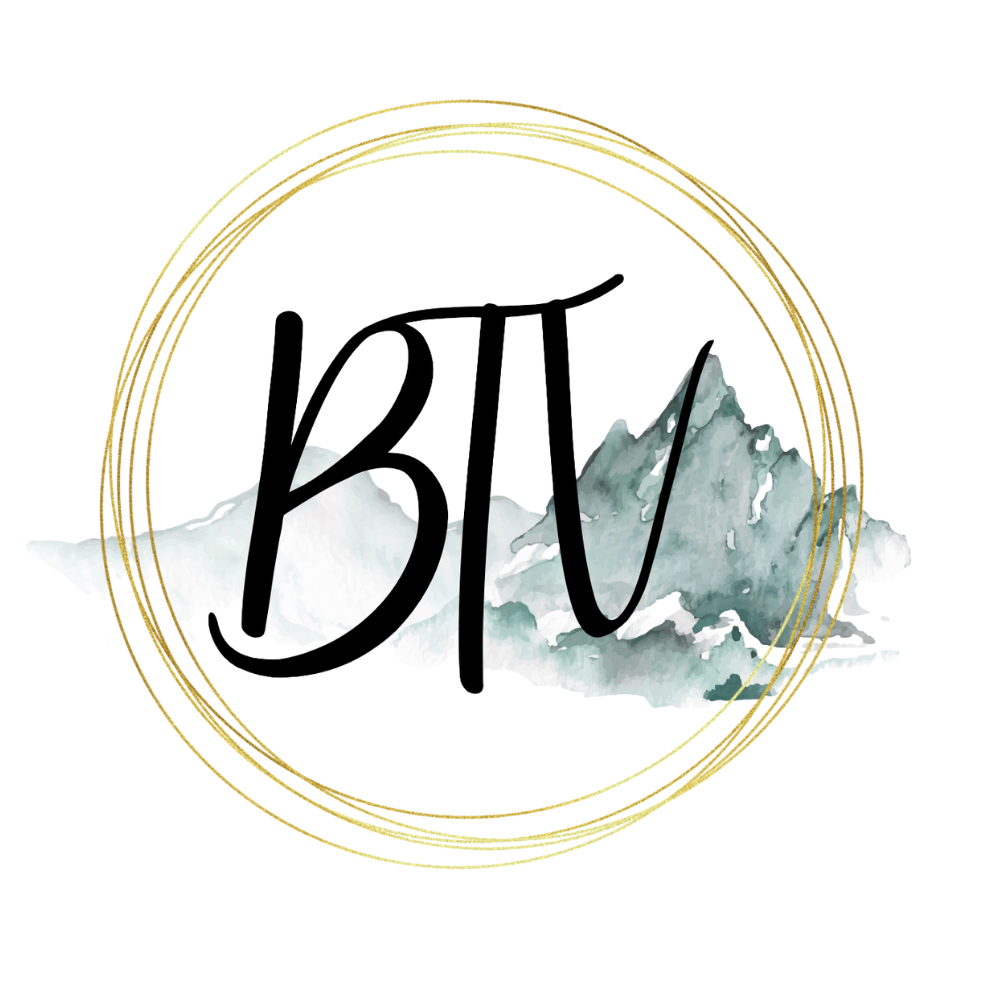The Cost of Holding It Together: How Fire Service Culture Breeds Silent Suffering
The Unspoken Rule: Always Hold It Together
In the fire service and other first responder communities, strength is often defined by composure. The unspoken rule is simple: Hold it together. Don’t cry. Don’t crack. Don’t let them see it get to you.
For many, this expectation feels like a badge of honor, proof of resilience and professionalism. But beneath that stoic exterior lies exhaustion, emotional disconnection, and unprocessed trauma. When “holding it together” becomes a job requirement, it slowly erodes the humanity that makes first responders so compassionate in the first place.
This culture of suppression isn’t about lack of care; it’s about survival. Yet the very mindset that helps first responders push through chaos can also keep them from healing after it.
When Administration Rewards Numbing
The system reinforces this cycle. Departments often praise those who “tough it out” and quietly handle the hardest calls… while labeling emotional honesty as weakness or lack of control.
This form of administrative betrayal is deeply damaging. It sends the message that vulnerability is punishable and that accessing support resources might harm one’s reputation or career. Over time, employees learn to numb instead of feel, to isolate instead of reach out.
Leaders who avoid discomfort may genuinely believe they’re protecting their teams, but in reality, they’re perpetuating a cycle of silence that costs lives. Mental health issues, substance abuse, burnout, and relationship breakdowns all trace back to this culture of emotional suppression.
Generations of Unfelt Pain
The effects don’t stop at the station doors. Intergenerational trauma runs deep in public safety families. Many leaders grew up under the same expectations, raised by parents or mentors who believed emotions were liabilities, not indicators of health.
As those individuals rise through the ranks, they often repeat what they were taught: be strong, don’t talk about it, move on. The next generation inherits that same emotional blueprint. Without intervention, the pattern continues… resilience mistaken for repression.
Breaking that cycle requires compassion for the generations before us. They weren’t weak; they were surviving the only way they knew how. But today, we know more… and we can do better.
The Ripple Into Families
At home, this “always-on” armor doesn’t just disappear. Spouses and children often experience the fallout in subtle but painful ways… emotional unavailability, irritability, withdrawal, and relational distance.
Partners see the invisible toll: the thousand-yard stare after a tough call, the short temper, or the silence that follows the words “I’m fine.” Families often become the unspoken casualties of a culture that values stoicism over healing.
Healing, however, begins where honesty enters. When first responders are given permission to process and express their pain, they reconnect not only with themselves but with the people who love them most.
A Vision for Trauma-Informed Leadership
So, what could it look like if departments began to lead differently?
Trauma-informed leadership doesn’t reject strength… it redefines it. It acknowledges that emotional health is not a distraction from duty but an essential part of it. It means creating environments where vulnerability is met with understanding instead of judgment, and where support services are offered proactively rather than reactively.
Trauma-informed leaders model self-awareness, encourage open dialogue, and actively dismantle the shame around seeking help. They know that courage isn’t just running into burning buildings, it’s also having the humility to admit when the weight is too heavy to carry alone.
When Letting Go Is the Bravest Thing You Can Do
What if strength isn’t measured by how much you can hold, but how safely you can let go?
True resilience isn’t about suppressing emotion… it’s about integrating it. Departments that allow their members to grieve, process, and heal create healthier teams, stronger relationships, and longer-lasting careers. The cost of holding it together is far too high; the reward of letting go is freedom.
Ready to begin your healing journey? Schedule a free consultation with me.

